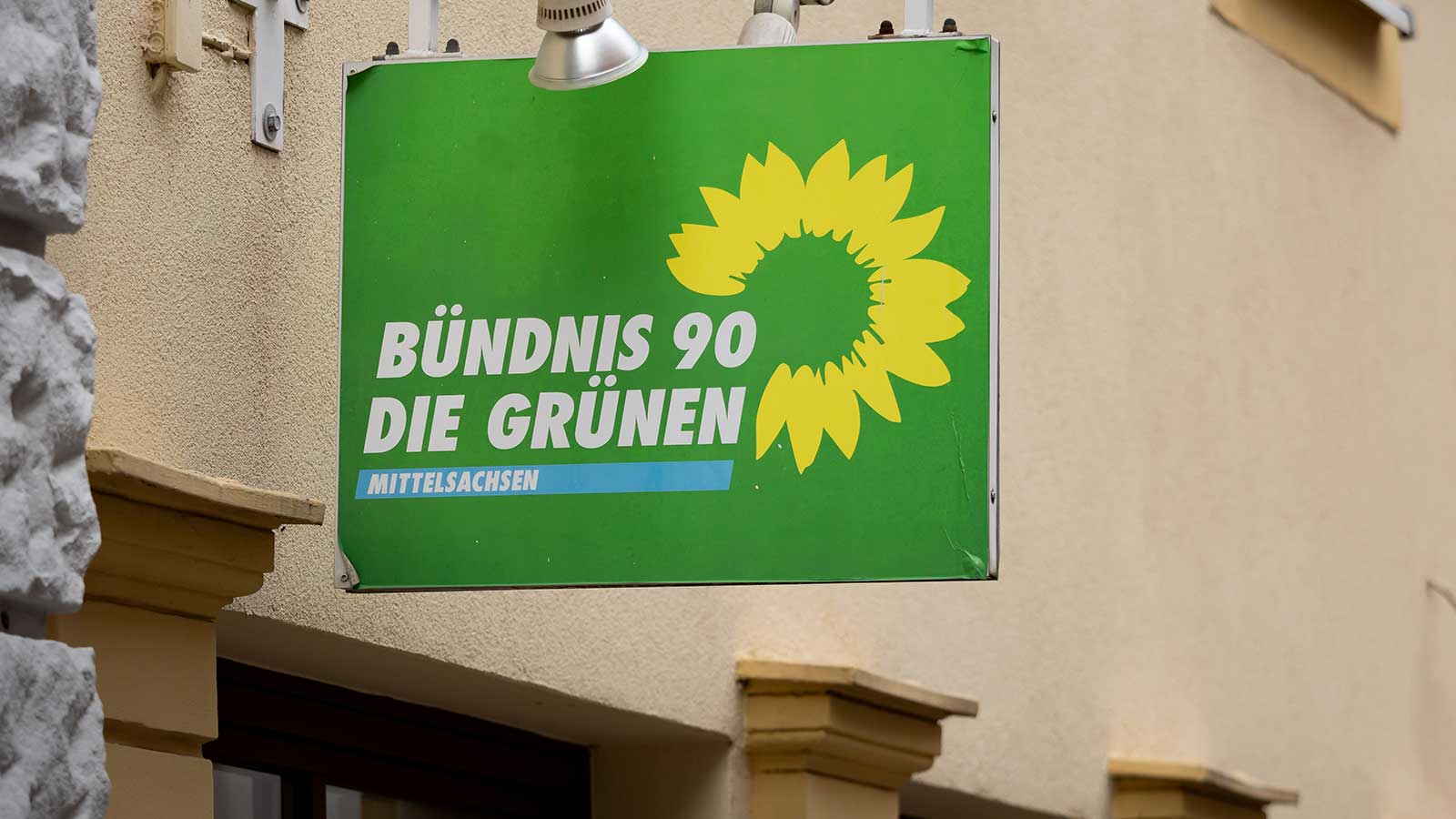Support for the German Green Party has plummeted in recent years, with the left-wing group paying the electoral price for its coalition with Chancellor Olaf Scholz’s Social Democrats.
Polling conducted by the Institut für Demoskopie Allensbach (IfD) for the Frankfurter Allgemeine Zeitung revealed that the party’s popularity has more than halved.
In 2019, 18 percent of respondents were sympathetic to the party’s causes, a figure that has now dropped to just 8 percent. Similarly, the percentage of Germans actively opposed to Vice Chancellor Robert Habeck’s party has soared from 25 percent to 56 percent respectively.
“None of the coalition parties in the federal government has lost as much sympathy as the Greens since the 2021 election,” the German newspaper noted.
The party suffered a significant decline when respondents were asked to predict its importance to the future German political landscape: Less than a quarter of Germans believe the party will become more important in the future, down considerably from 67 percent when asked shortly after the liberal coalition was formed in 2022.
The Greens aren’t alone in their demise on this front. Each coalition partner in the federal government has lost considerable influence, with Scholz’s SPD languishing at 15 percent (down 15 percent) and the FDP at 13 percent (down 15 percent) in the same poll.
However, the Greens’ ideology appears to retain its core support base more so than any of the other governing parties. While the SPD is hemorrhaging voters compared to the 2021 federal election — down from 25.7 percent to 15.5 percent — and the FDP more than halving its support from 11.4 percent to 5 percent, the left-wing group has retained national support of 12.5 percent in recent polls, down just 2.2 percent from its 2021 election result.
This shows its supporters are more loyal and wedded to the party’s values than those backing other parties who appear more volatile.
Thus, despite its rapidly decreasing popularity, the party is expected to be kept afloat in the national political discourse by its stubborn core supporters, at a time when the German electorate is firmly veering to the right, particularly when it comes to social issues such as immigration.
Parties upholding socially conservative values are flourishing, including the Alternative for Germany (AfD) which has doubled its vote share, and the newly formed BSW led by left-wing firebrand Sahra Wagenknecht, currently at 6.5 percent.
The opposition CDU/CSU is on course to be the largest party in the Bundestag after the next election, currently amassing almost a third (30 percent) of all votes.





